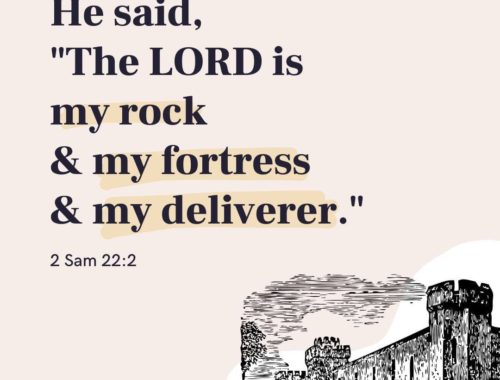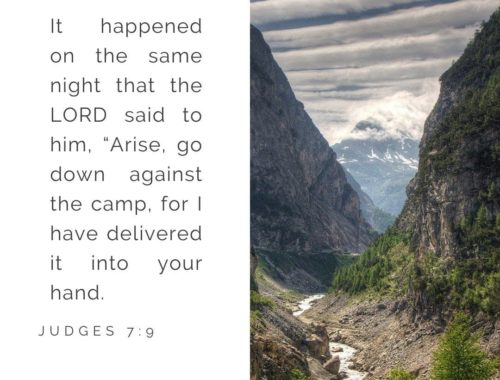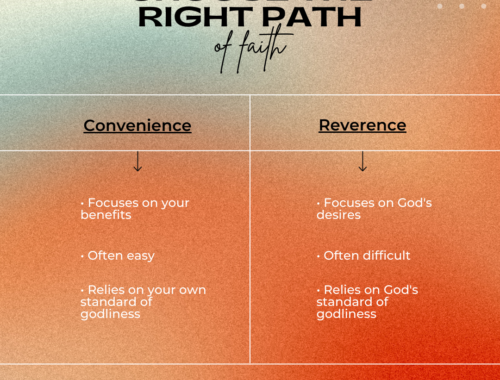Judges Chapter 20

“And the congregation gathered together as one man before the Lord at Mizpah”. (verse 1)
The other instance in the bible that described the same spectacle (Ezra 3:1 and Nehemiah 8:1) recorded how the people of God gathered as one to earnestly seek the Lord.
Our initial good impression of the people in the period of Judges slowly fizzles out as we read on in this chapter. The coming together before the Lord did not end off on a sweet note, as in the case during Erza/Nehemiah’s time, but rather on a terribly sour note as the book enters into the concluding chapter.
There were several things wrong with the scenario that lay before us.
First of all, the unity was incomplete, if not flawed.
There was a distinctive divide between the assembly of the people and the tribe of Benjamin. As things turned out, the assembly of people eventually gathered together against their stubborn brethren, who chose rather to side with the transgressors, the men in Gibeah. The entire tribe of Benjamin was almost annihilated save for the 600 men who managed to escape.
While God do execute judgment and punished the wayward, but is it His will that an entire tribe be destroyed?
At this point, we may get rather confused. Did the people not inquire of the Lord, not just once, but several times as we see in verse 18, 23 and 27. They even fasted, offered burnt offerings and peace offerings.
Did the Lord not answer the people in verse 28, where true to the word, the tribe of Benjamin was delivered into the hands of the people.
It is interesting to note that the first record of the people inquiring the Lord is in verse 18 and the question is “Which of us shall go up first to battle against the children of Benjamin?”
Prior to this, it was evident that the people had gathered for war, to right the wrong, to execute justice that is due.
This begs the question, are the people truly seeking the Lord, are they prepared to do what He says, even though it may be totally different from their expectations. We see how in verse 22, the people encouraged one another after the setback, reformed the battle line before inquiring of the Lord.
We are reminded of Balaam, who also appeared to be godly and submissive to the will of the Lord but is in actual fact the exact opposite as shared by Peter, Jude and John (2 Pet 2:15, Jude 1:11, Rev 2:14)
We also seriously suspect whether there is brotherly love (Lev 19:17 – 18, Ps 133:1, 2 Pet 1:5 – 9). If one sincerely cares for the welfare and interest of the other, would an armed conflict be the first option to resolve matters.
Would we rely on the use of force, a heavy handed method, strong and harsh words or would we instead rely first on softer approaches first, to seek to restore and reconcile before intensifying our approach when words fail. (Matt 18:15 – 17, Eze 3:17 – 21).
We do not see the people warning their brethren, seeking to correct their erroneous way, but instead a determination to go to battle.
As the final verse in book of Judges tell us “In those days there was no king in Israel; everyone did what was right in his own eyes”. A stark warning to seriously examine our own faith.
Judges Chapter 19
士师记二十一章
You May Also Like

Judges Chapter Three: The Three Judges Raised by God
March 22, 2021
Judges Chapter 7
March 31, 2021